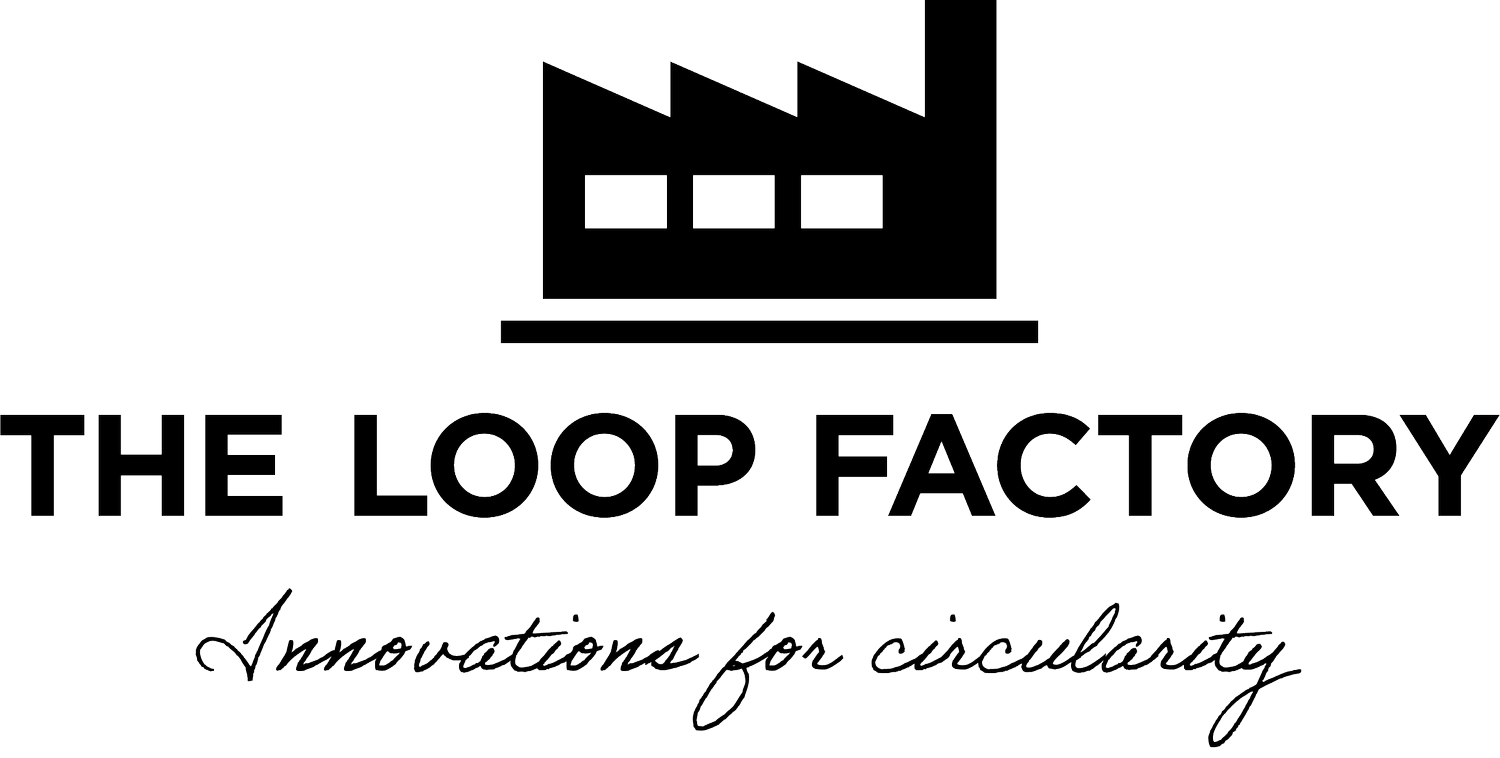Snowwool covers preserve snow
Can discarded wool help fight climate change and reduce plastic use? The answer is yes.
In the Snowwool project, we are turning Swedish wool waste into bio-based snow covers that effectively preserve snow without a harmful environmental footprint.
Bio-based alternative to plastic snow covers
Each year, ski resorts and snow parks across Europe cover snow to extend the winter season. Until now, plastic covers and wood chips have been the standard solution, convenient but far from sustainable. The Snowwool project set out to change that by developing reusable snow covers made from Swedish wool waste.
The goal? To create a renewable, circular, high-performing alternative to traditional plastic-based materials.
Field-tested at Bruksvallarna's ski stadium
In May 2023, the first large-scale pilot took place at Skidstadion Bruksvallarna in northern Sweden. 320 square metres of snow were covered with the wool-based material developed by the project team.
The result?
The snow was preserved just as well as under plastic
The wool-based covers were reusable
No microplastics, no synthetic waste
The field test confirmed that side-stream wool waste can become a high-performance, climate-smart material.
Scaling plans stopped by the early spring heat
Following the successful pilot, the team had planned to scale up testing to 900 square metres at Branäsgruppen in spring 2024. However, unusually early warmth and lack of snow meant the second field test couldn't take place as planned.
"It's a clear signal that innovation can't wait," says Annika Linder, Project Manager at The Loop Factory. "We were ready, but nature is changing faster than we think. That makes our mission even more urgent."
Circular innovation for climate and compliance
The Snowwool project addresses key challenges faced by brands and industrial producers today:
Turning waste into value: Only 29% of Swedish wool is currently utilised, while 71% is discarded.
Reducing dependence on plastic: Bio-based, traceable materials are needed more than ever.
Meeting EU regulations: With ESPR and Green Claims, circular solutions are no longer optional.
Read the original article in SLAO Express.
Ready to meet tomorrow's demands?
Are you under pressure to reduce waste, improve sourcing, or get ESPR-ready?
You are not alone; we are here to help you meet tomorrow's demands.
Contact us to start a conversation
About the Snowwool project
Snowwool is funded by Vinnova (Swedish Innovation Agency) and co-developed by Branäsgruppen, Västkustens Ullinsamling, CE Produkter AB, The Swedish School of Textiles – University of Borås, IUC Sjuhärad AB, Ivanhoe, Mid Sweden University, Tillväxt Ulricehamn, RISE, Scandinavian Nonwoven, and the Swedish Ski Association. The project is led by The Loop Factory.





